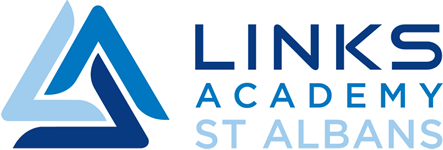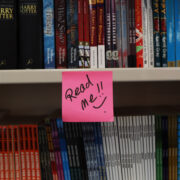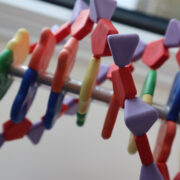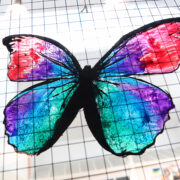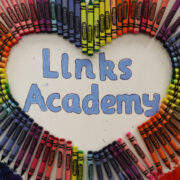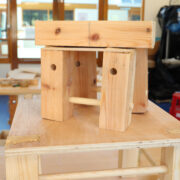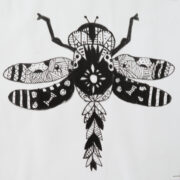What will be studied
There is a broad curriculum of study in place to reflect the fact that the course has to be flexible to the needs of students across 3 years of study: Year 7 to Year 9.
There are 16 units of work in the KS3 curriculum. Each unit is separated into between 3 and 5 sections based on difficulty of concepts. What is studied in the unit will be dependent on the age groupings and range of abilities in the class.
Learning Methods
The aim of the KS3 mathematics curriculum is to provide a foundation for understanding the world, the ability to reason mathematically, an appreciation of the beauty and power of mathematics, and a sense of enjoyment and curiosity about the subject.
The programme of study for key stage 3 aims to build on key stage 2 and develop connections across mathematical ideas to develop fluency, mathematical reasoning and competence in solving increasingly sophisticated problems. Students will be prepared for the increased pace of learning required in KS4 which will then lead to students sitting the GCSE exams in the summer term of Year 11.
In KS3, as in KS4, learning will be conducted within a classroom setting using a variety of teaching methods ranging from a traditional ‘chalk and talk’ style, to a more modern ‘interactive learning’. A range of activities, including scaffolded worksheets, textbook exercises, pair and group learning, task-based problem-solving, interactive videos/whiteboard activities and educational games will facilitate this. In KS3, there will be more emphasis on task-based problem-solving, interactive whiteboard activities and educational games to reinforce concepts, build links in understanding between different areas of mathematics, and increase the overall sense of enjoyment for the subject. There will be the opportunity for some lessons to be had outside of the classroom environment, and reward trips for hard-working students.
Expectations of Students
- Come to class ready to learn
- Engage in the lesson
- Try your best!
How is the course assessed
There will be a formal assessment at the end of one larger unit of study or several shorter units of study.
There will be a final end of year assessment based on the work studied throughout the year.
What websites are recommended
- BBC Bitesize KS3 Maths: https://www.bbc.co.uk/bitesize/subjects/zqhs34j
- Just Maths KS3 Maths:
- Khan Academy: https://www.khanacademy.org/math/k-8-grades
What equipment is needed
Course materials
Writing equipment: pens, pencil, ruler, calculator, compasses and protractor
Workbook
Career Paths/Next Steps
GCSE Mathematics/ Functional Skills in Mathematics
